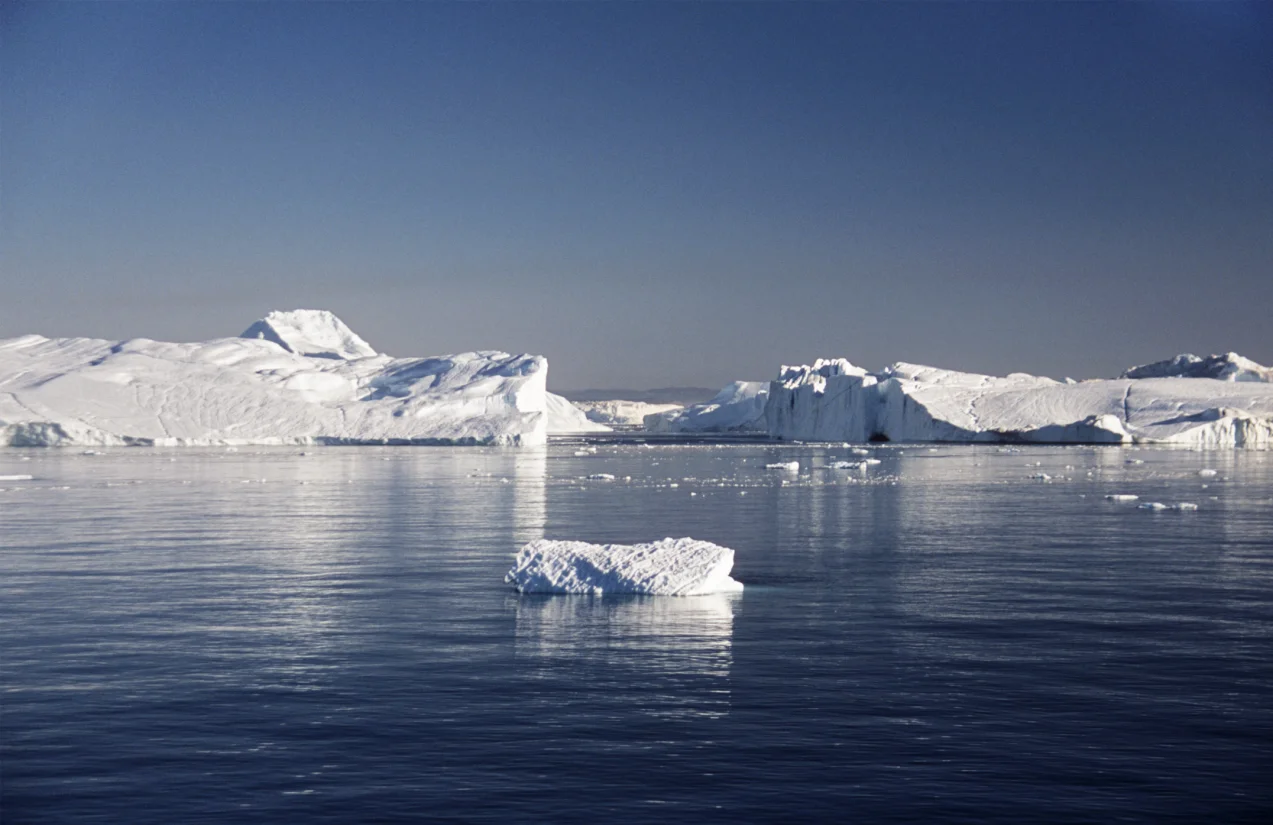Luke Cole was a fierce environmental justice lawyer, an avid bird-watcher, a root beer and chocolate aficionado, and a most beloved mentor and friend to many, many people. He was charismatic, hard-working, and a helluva lot of fun. Although I knew him only briefly before his death, I was touched by his presence and the one story he shared with me about his work—a story about Kivalina. Somehow, it felt like he gave me that story to carry.
He was widely known for his work representing minorities in environmental discrimination cases. In 1989 he founded the Center on Race, Poverty and the Environment, a non-profit law firm that continues to tackle serious environmental issues. One of Luke's most important legal legacies is the groundbreaking Global Warming suit filed on February 26, 2008: Kivalina vs Exxon et al. He died before this case made it through the Appellate Courts to the U.S. Supreme Court. Although the case was denied standing, it was a major step in addressing climate change damages through the courts. For more information about this historic case, visit www.crpe-ej.org
Sharmon J Hilfinger
The following excerpts are from the New York Times obituary by Dennis Hevesi, published on June 10, 2009.
Luke Cole graduated from Stanford in 1984 and then worked for three years in Washington as one of Ralph Nader’s so-called Nader’s Raiders, editing a consumer advice newsletter. After receiving his law degree from Harvard in 1989, he moved to San Francisco and soon after started the Center on Race, Poverty and the Environment.
“Luke actually began this work before the term ‘environmental justice’ was in widespread use,” Mr. Angel, executive director of Greenaction for Health and Environmental Justice, said in an interview.
In the mid-1990s, Luke represented residents of Kettleman City, Calif., most of them Hispanic, in their campaign to stop Chemical Waste Management Inc. from building a toxic-waste incinerator there. Kettleman City, in the San Joaquin Valley, was already the site of a vast toxic-waste landfill. A state court enjoined the company from constructing the incinerator.
Even more, the court invalidated the environmental-impact report issued by Kings County, Calif., citing its failure to translate even the summary of the study into Spanish.
The environmental rights of American Indians were of particular interest to Mr. Cole. In one California case, he represented the Timbisha Shoshone tribe, which is trying to halt open-pit gold mining using cyanide to leach out the gold on ancestral land in Death Valley.
In another case, he helped residents of Kivalina, an Inupiat village in northwest Alaska, sue the Teck Corporation, claiming that the company’s zinc and lead mine had polluted the village water supply for years. A settlement, reached last year, called for Teck to stop depositing mining tailings into the Kivalina River and to build a pipeline to the ocean, about 50 miles away.
But legal action is not the ultimate solution to environmental discrimination, Mr. Cole told The New York Times in 1993. “The only way to ever decisively and permanently win these battles is through the political process,” he said. “When a community organizes itself at the grass roots, we can exercise our power, the power of people.”
From 1996 through 2000, Mr. Cole served on the E.P.A.’s national environmental justice advisory council.

